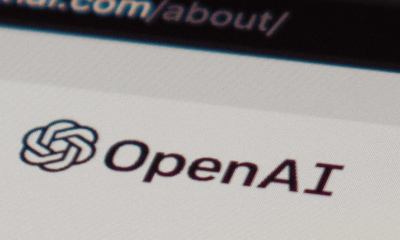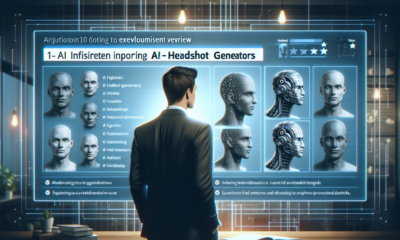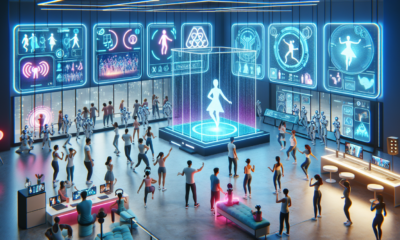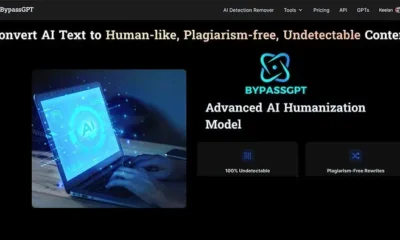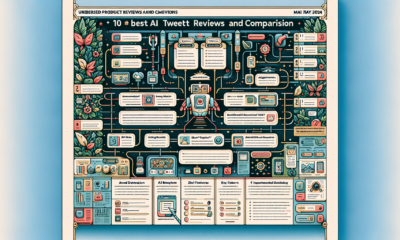AI Tool
OpenAI says Voice Engine might be too risky to release

OpenAI unveils the results of its preliminary testing phase for Voice Engine, a groundbreaking voice cloning innovation, conducted in collaboration with a select group of partners. The outcomes exhibit promising prospects for the technology’s utility, yet underlying safety concerns loom large, potentially obstructing its release to the public.

According to OpenAI, Voice Engine possesses the remarkable capability to replicate a human voice based on a mere 15-second audio snippet of the individual. Subsequently, it can produce speech that resonates as authentically human, mirroring the original speaker with remarkable precision.
Once cloned, Voice Engine empowers users to transform text inputs into audible speech, characterized by emotive nuances and realism. While this feature heralds exciting possibilities, it also raises profound apprehensions regarding safety and ethical implications.
Exciting Applications OpenAI commenced trials of Voice Engine late last year to explore its utility among a select cohort of participants.
Some notable examples of its utilization include:
- Adaptive Education: Age of Learning leveraged Voice Engine to furnish reading assistance to children, generate voice-over content for educational materials, and deliver tailored verbal interactions to engage with students.
- Multilingual Content Translation: HeyGen harnessed Voice Engine for video translation purposes, broadening the reach of product marketing and sales demonstrations. Notably, the translated audio retains the speaker’s native accent, preserving linguistic authenticity.
- Social Services Expansion: Dimagi utilized Voice Engine to train healthcare workers in remote locales, providing instructional guidance and interactive feedback in underserved languages.
- Assistive Communication: Livox facilitated communication for non-verbal individuals through alternative communication devices, enabling them to select a voice that resonates authentically with their identity, rather than opting for robotic alternatives.
- Speech Rehabilitation: Lifespan piloted Voice Engine to aid individuals recovering from speech impairments caused by cancer or neurological conditions, offering a pathway to reclaim their voice.
Although Voice Engine isn’t the pioneer in AI voice cloning technology, OpenAI’s demonstrations indicate it may represent the pinnacle of advancement, potentially surpassing existing solutions like ElevenLabs.
Safety Concerns While impressed by the ingenuity demonstrated by test participants, OpenAI underscores the imperative need for stringent safety protocols before contemplating widespread deployment of the technology.
Voice cloning technology poses significant risks, particularly in light of recent instances of misuse, such as counterfeit political robocalls and fabricated videos targeting public figures. OpenAI emphasizes the need for proactive safeguards, especially in the context of critical events like elections.
In addition to stringent usage policies, trial participants were mandated to obtain explicit consent from the original speaker and were barred from developing products enabling individuals to create counterfeit voices.
OpenAI has implemented additional safety measures, including an undisclosed audio watermarking system and proactive monitoring mechanisms, yet acknowledges the ongoing need for refinement.
The Future Outlook The prospect of Voice Engine’s availability to the general populace remains uncertain, with concerns over potential misuse looming large.
OpenAI recommends institutions like banks phase out voice authentication systems as a preemptive security measure, underscoring the profound implications of voice cloning technology on established security protocols.
Despite OpenAI’s deliberations, the inevitability of similar technologies emerging from other quarters underscores the erosion of trust in traditional modes of authentication and the veracity of audiovisual content.
As we navigate the evolving landscape of AI innovation, the veracity of our sensory perceptions hangs in the balance, heralding a paradigm shift in our understanding of truth and authenticity.

